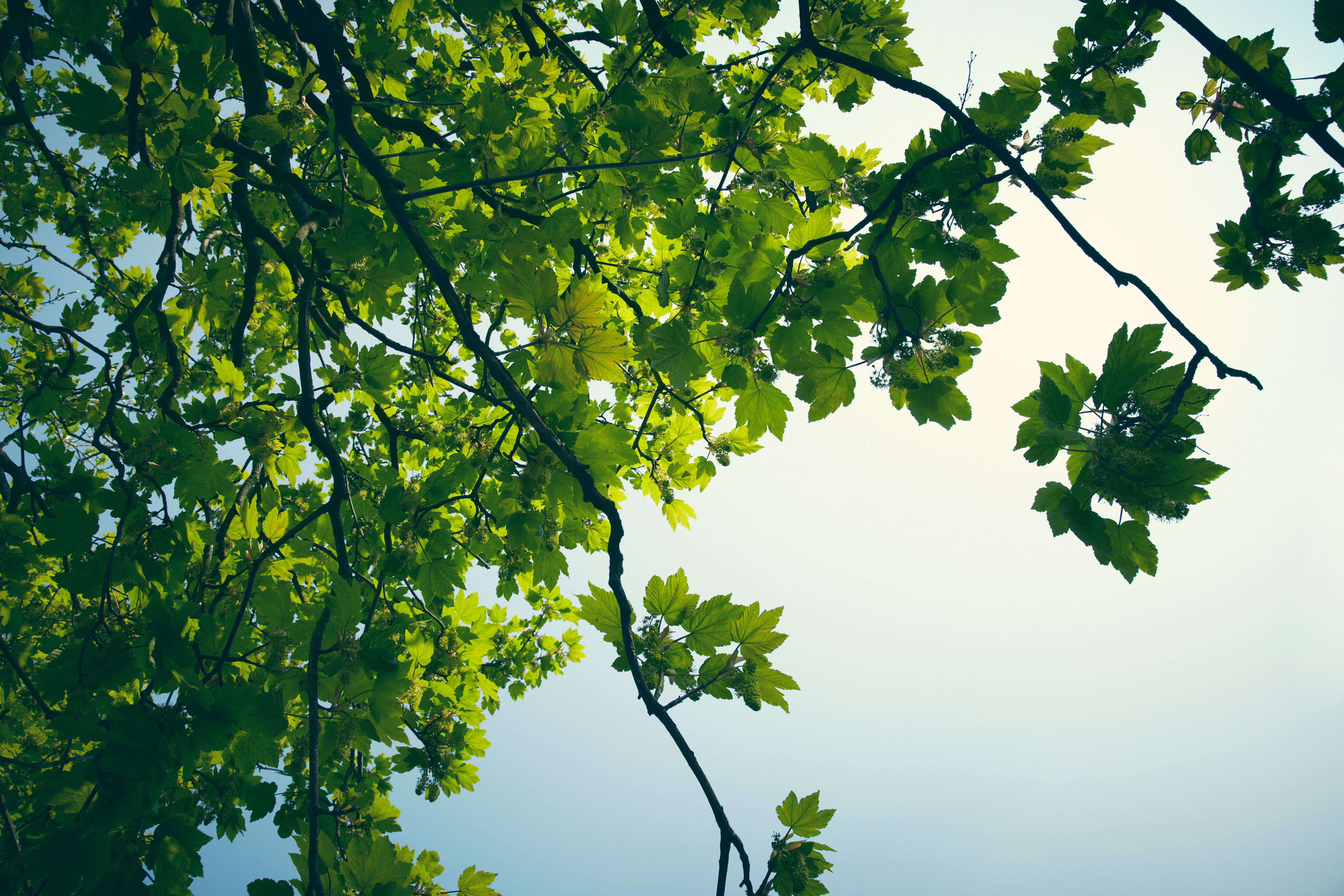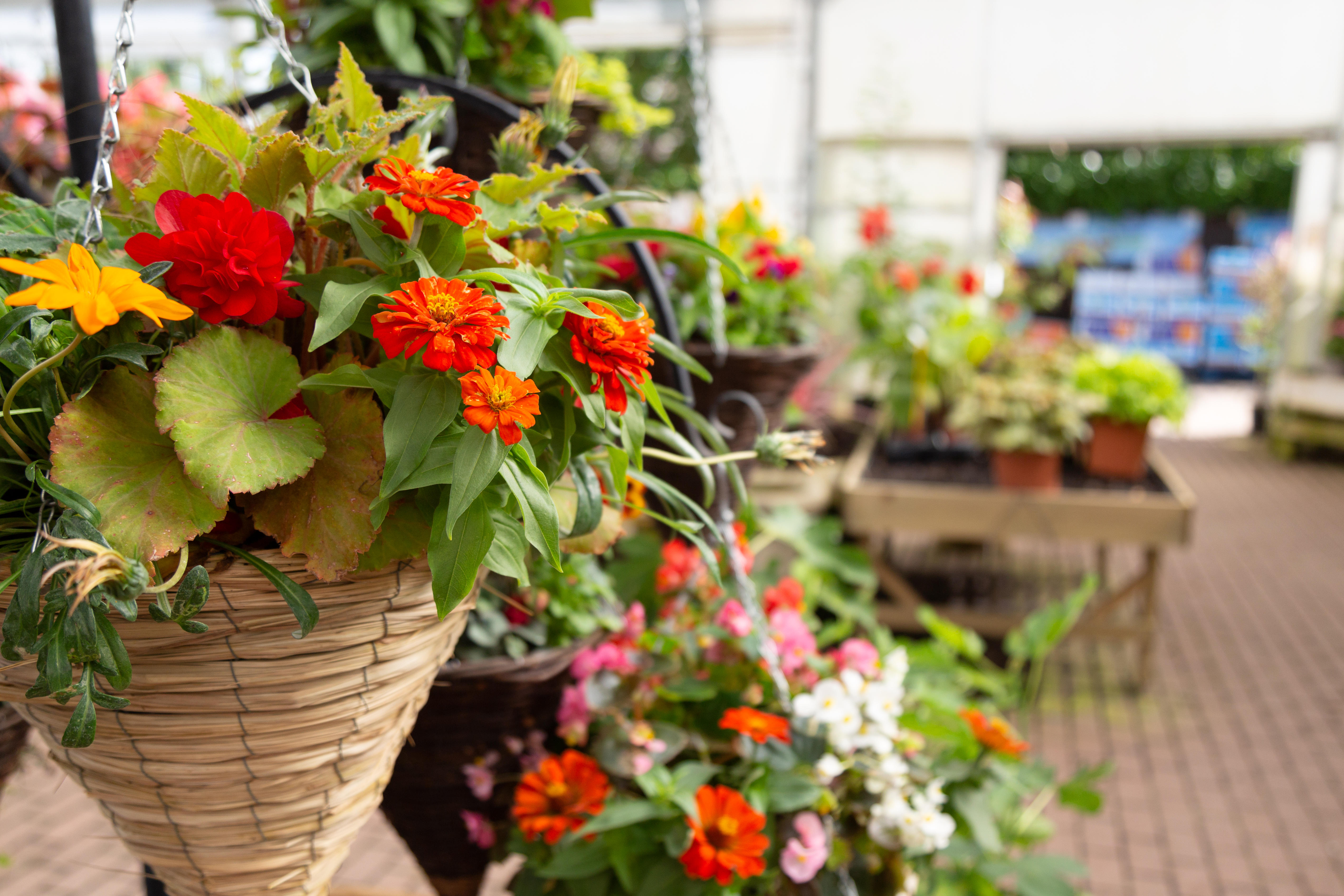How your washing-up water can help save street trees
Public throughout the UK are urged to use their waste water to give vital support to young trees.

The benefits of trees in urban areas are wide-ranging and well-documented — providing clean air to breathe and homes for birds and creatures, as well as improving the appearance of an area and mental well-being. However, the needs of such trees can often be overlooked and many are struggling to flourish during the dry summer months.
Councils across the UK, including Cambridge, Sheffield, Camden, Kingston-upon-Thames, Waltham, Enfield and Richmond, are urging to the public to do their bit to support newly-planted trees by helping to keep them well-watered.
Tap water, rain water and even dishwater is suitable for the purpose, according to local authorities, provided no chemicals stronger than washing up liquid are in the mix.
Watering is most critical during the first three years of a tree’s life as they adjust to their new surroundings.
‘It’s really important that we do all we can to safeguard the trees we’ve planted across the city,’ said Melissa Wise, of Amey, who maintains Sheffield's street trees. ‘‘As part of our programme, we water trees as much as we can, but if the weather gets warmer and drier, especially over the summer months, it would be great if local people helped out by giving them extra water, whenever possible.
‘Many other local authorities across the country are following similar initiatives to ensure young street trees get the best start in life.’
Cambridge Council offers the following advice to those wishing to water their local trees:
Sign up for the Country Life Newsletter
Exquisite houses, the beauty of Nature, and how to get the most from your life, straight to your inbox.
- One large water a week is best
- Ideally, try to give at least 20 litres per watering – although anything you can manage is beneficial
- If there's a green watering bag, fill it through the slot at the top. If it's easier, just slowly pour the water over the roots, letting the water soak deep into the soil
- Ask your neighbours to get involved, especially if you’re going on holiday over the summer
- Try not to water when the ground is wet and soggy. Rainfall isn't always enough to satisfy newly planted trees, but too much water can be as bad as not enough
- The best time to water is either in the morning or at night. Try to avoid the hottest part of the day

Credit: Alamy Stock Photo
Trial aims to reveal the secrets to beautiful hanging baskets
A new trial aims to reveal the best way to achieve beautiful hanging baskets without using too much water.

Country Life Today: Britain's 10 hottest years, Tintagel's new bridge and how cathedrals are bringing their flocks a touch of the funfair
Our news round-up features a record-breaking day for tree planting, alarming data from the Met Office, weird and wonderful cathedral

The world tree planting record has been broken by Ethiopia as they lead the world in this clever way to tackle climate change
The project aims to counter the effects of deforestation, with the goal of planting a total of four billion indigenous
-
 ‘It had the air of an ex-rental, and that’s putting it politely’: How an antique dealer transformed a run-down Georgian house in Chatham Dockyards
‘It had the air of an ex-rental, and that’s putting it politely’: How an antique dealer transformed a run-down Georgian house in Chatham DockyardsAn antique dealer with an eye for colour has rescued an 18th-century house from years of neglect with the help of the team at Mylands.
By Arabella Youens
-
 A home cinema, tasteful interiors and 65 acres of private parkland hidden in an unassuming lodge in Kent
A home cinema, tasteful interiors and 65 acres of private parkland hidden in an unassuming lodge in KentNorth Lodge near Tonbridge may seem relatively simple, but there is a lot more than what meets the eye.
By James Fisher